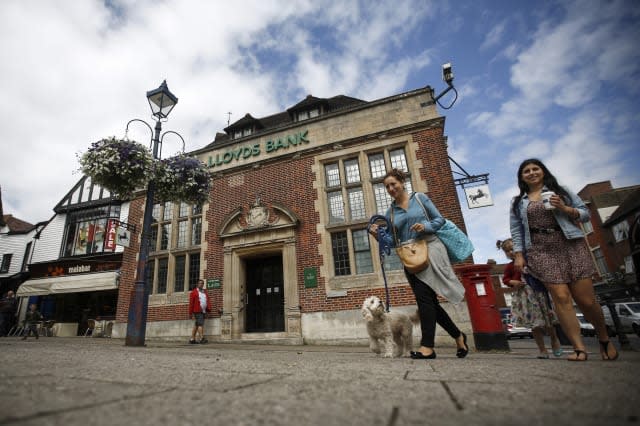Council considers banning industrial street names

Sevenoaks Council has been accused of snobbery after announcing that some street names are 'aesthetically unsuitable'.
Names such as Coalpit Lane or Packemin Close should be avoided, says the Tory-led council, along with those that could be misinterpreted, such as Hoare Road or Typple Avenue.
According to the Sevenoaks Chronicle, the council's draft Street Naming and Numbering Policy, up for discussion next week, suggests that new streets shouldn't be 'inappropriately' named. It wants to avoid names that reference the town's industrial past, such as Tip lane and Gasworks Road.
The proposal has been described as 'gentrification gone mad' and 'a Mrs Bucket attitude' by Megan Warn of the local Labour party. Liberal Democrat town councillor Tony Clayton suggested the council was 'more interested in estate agent marketing'.
"Waterworks, gasworks, cemeteries, factories may not match the estate agent's ideal plan for property prices to head ever higher, but they do give us a map of where our communities came from," he said.
%VIRTUAL-ArticleSidebar-council-stories%
If Sevenoaks Council does want to drive up property prices, it's going the right way about it. Last year, research from website NeedaProperty.com indicated that properties on streets with rude names were found to be around one fifth cheaper on average than similar homes nearby.
The worst-named street was deemed to be Minge Lane in Upton-upon-Severn, Worcestershire, followed closely by Slag Lane in Lowton.
Meanwhile, homes with 'Lane' in their address carry a 22% premium, says Hometrack, while those in a 'Drive' or 'Street' carry a penalty.
But Professor David Killingray, president of the Sevenoaks Historical Society, tells the Daily Telegraph that censoring street names would be to ignore Sevenoaks' valuable industrial history.
"The River Darent was an industrial line with paper mills, iron workings, iron mills, particularly on the northern stretches, it also had a silk mill up until 1828. There was a lot of paper making at places like Shoreham, Eynsford and further north," he says.
"These are rural industrial locations, which is quite common in the period of the early industrial revolution."

Read more on AOL Money:
Cambridge City Council reverses apostrophe ban
Would you live on Margaret Thatcher Way?
Council spends more on beach huts for the rich than it does on affordable housing




